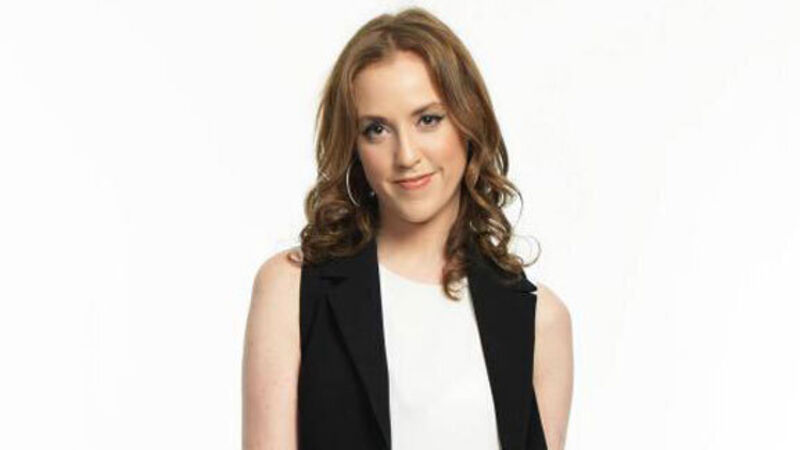Louise O'Neill: Yes, this is going to be a column about women changing their name after they get married

This Christmas, I binged the first series of The Crown on Netflix. It was perfect for those indolent days, a whirl of beautiful dresses and sparkling jewels and repressed emotions.
While it’s impossible to know how much of the series is historically accurate, the episode where Britain’s Prince Philip insists that his surname, Mountbatten, be given to Queen Elizabeth and to his children, is presumed to be factual.











